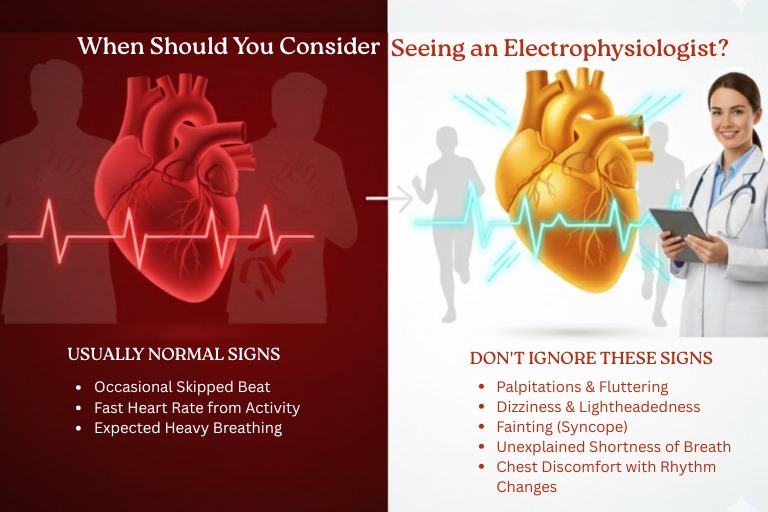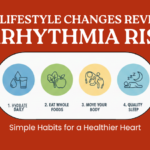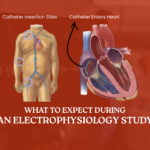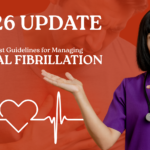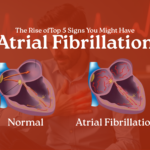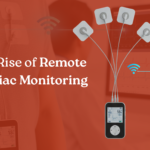Don’t Wait for Trouble – Know When to See an Electrophysiologist
Your heart works tirelessly, beating about 100,000 times every single day. It keeps you alive, active, and full of energy. But what if your heart tries to tell you something is wrong, and you don’t listen?
Have you ever felt your heart racing without any reason?
Experienced sudden dizziness or fainting spells that left you worried?
Felt unexplained chest discomfort that doesn’t match the usual heart attack symptoms?
These could be warning signs that your heart’s electrical system is struggling.
Why Is the Heart’s Electrical System So Important?
In cardiology, the electrical system of the heart is responsible for regulating every beat you feel. This system makes sure your heart pumps blood to your brain, lungs, and the rest of your body in a perfect rhythm.
- When it works well → You feel energetic and healthy.
- When something goes wrong → You risk developing serious heart problems or even life-threatening heart disease.
An electrophysiologist is a specialist who focuses on diagnosing and treating electrical disturbances in your heart. Their goal? To ensure your heart keeps beating right, so you can enjoy life to the fullest.
“Dil ki dhadkan sahi rahegi, tabhi zindagi suhani lagegi!”
(When the heart beats right, life feels beautiful!)
When Should You See an Electrophysiologist?
Here’s the truth: Don’t wait for a major event to happen. Early intervention is the best prevention. You should see an electrophysiologist if you experience:
- Unexplained Palpitations – Sudden fluttering or irregular heartbeats without a clear cause.
- Frequent Dizziness or Fainting – These are serious red flags indicating your heart may not be pumping properly.
- Unusual Chest Discomfort – Not every chest pain is a heart attack, but irregular sensations could indicate electrical problems.
- Family History of Heart Disease or Sudden Cardiac Death – Genetics play a huge role in your heart health.
- Post Heart Surgery Follow-up – Even after surgery, your heart’s electrical system needs regular check-ups.
How Can an Electrophysiologist Help?
An expert in cardiology doesn’t just look at symptoms—they investigate the root cause using advanced diagnostic tools such as:
- Electrocardiogram (ECG) – To analyze your heart’s electrical activity.
- Holter Monitoring (24-hour ECG) – Tracks heart rhythm over a full day.
- Electrophysiology Study (EPS) – Maps the heart’s electrical pathways in detail.
Based on findings, treatment may include:
- Medications to control heart rhythm
- Implantable devices like pacemakers or ICDs
- Radiofrequency Ablation – Minimally invasive treatment that corrects faulty electrical pathways.
The Power of Timely Action
Ignoring warning signs doesn’t make them go away – It increases your risk of developing:
- Heart disease
- Stroke
- Sudden cardiac arrest
By taking action now, you invest in long-term cardio well-being. A simple visit to a cardiology specialist can make all the difference.
Don’t wait for the worst to happen.
Don’t ignore that flutter, dizziness, or strange chest feeling.
Your heart is telling you something. Listen to it.
Consult a cardiology electrophysiologist today.
“Dil ki dhadkan sahi rahegi, tabhi zindagi suhani lagegi!”
(When the heart beats right, life feels beautiful!)


